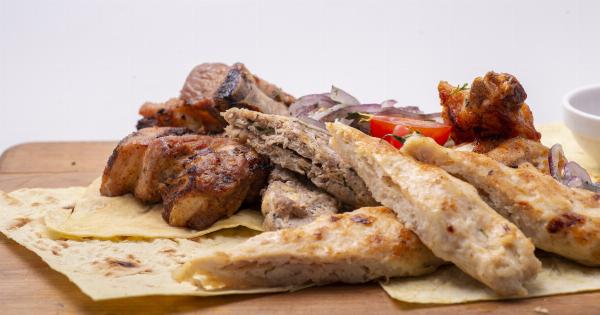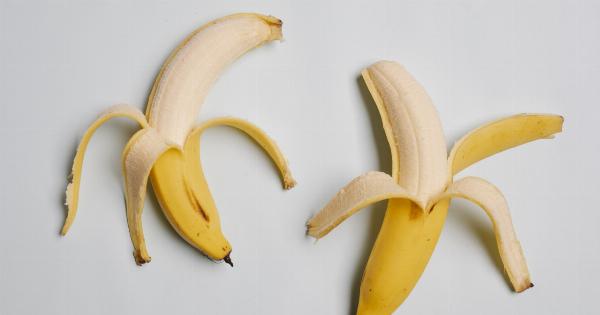If you are on blood thinners, it is important to be mindful of your diet to avoid potential complications. One food that may surprise you, but should be avoided, is parsley.
Even though parsley is a popular herb in many dishes, it contains high levels of vitamin K which can interfere with blood thinners and disrupt your treatment plan.
Why is vitamin K in parsley a problem for blood thinners?
Vitamin K plays an essential role in blood clotting, which is why it is crucial for those on blood thinners to be cautious of their intake.
Blood thinners work by preventing the formation of blood clots and when vitamin K is consumed in high amounts, it can counteract the effectiveness of blood thinners.
Parsley may seem like an insignificant herb, but it contains very high levels of vitamin K, with just one tablespoon of parsley containing approximately 22 micrograms of vitamin K.
For reference, most people on blood thinners must limit their intake to 90 to 120 micrograms of vitamin K per day, which is a small amount that can easily be exceeded by consuming parsley in even small amounts.
What are the risks of consuming parsley on blood thinners?
Consuming too much vitamin K while on blood thinners can lead to blood clots, which can be very dangerous.
This is because blood thinners make it easier to bleed, and consuming too much vitamin K can cause a buildup of clotting factors, which increases the risk of clot formation. Blood clots can lead to serious conditions such as a heart attack or a stroke.
The irony is that parsley is actually a healthy food that is rich in vitamins and minerals. However, in this instance, the high levels of vitamin K make it a food that should be avoided if you are on blood thinners.
Are there any other foods to avoid if you are on blood thinners?
In addition to parsley, there are several other foods to be mindful of if you are on blood thinners. These foods contain high levels of vitamin K, which can interfere with blood thinners and increase the risk of blood clots:.
- Kale
- Spinach
- Cabbage
- Broccoli
- Brussels sprouts
- Turnip greens
While these foods should not be completely avoided, it is important to be mindful of their portion size and frequency of consumption to stay on track with your blood thinner treatment plan.
What should you do if you accidentally consume too much vitamin K?
If you accidentally eat too much vitamin K, it is important to seek medical attention promptly. Your doctor may adjust your blood thinner medication to help counteract the effects of vitamin K.
It is important to be honest with your healthcare provider about any dietary changes or consumption of foods that are high in vitamin K to ensure that you receive appropriate medical care.
Conclusion
While parsley is a seemingly harmless herb, it can be detrimental to those on blood thinners. High levels of vitamin K in parsley can interfere with blood thinners and increase the risk of dangerous blood clots.
It is important to be mindful of your diet and to avoid foods high in vitamin K if you are on blood thinners. Speak with your healthcare provider about any concerns regarding your diet and medication, and follow their guidance to ensure a safe and successful treatment plan.































